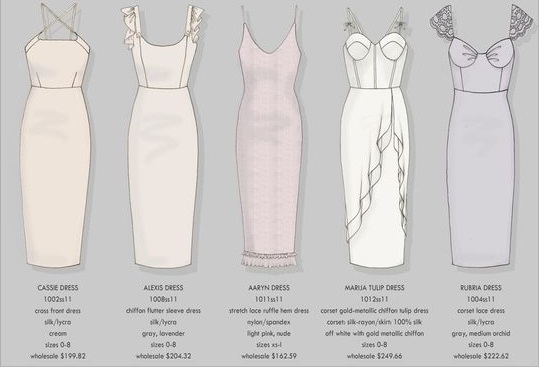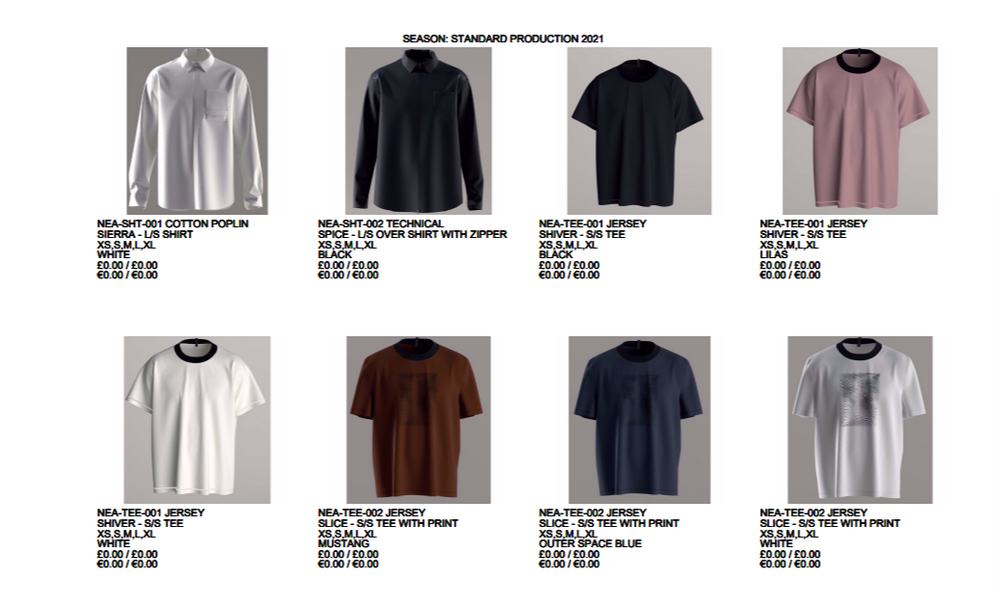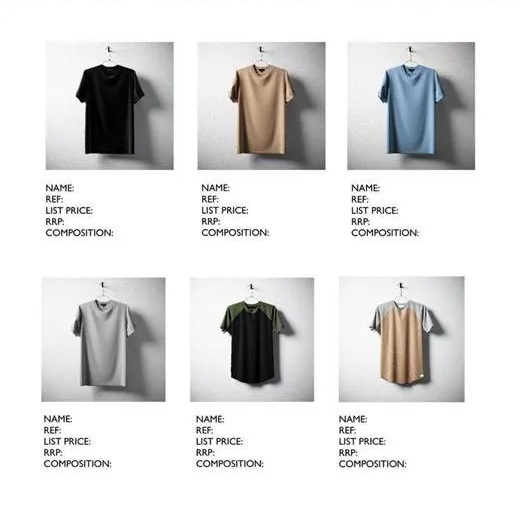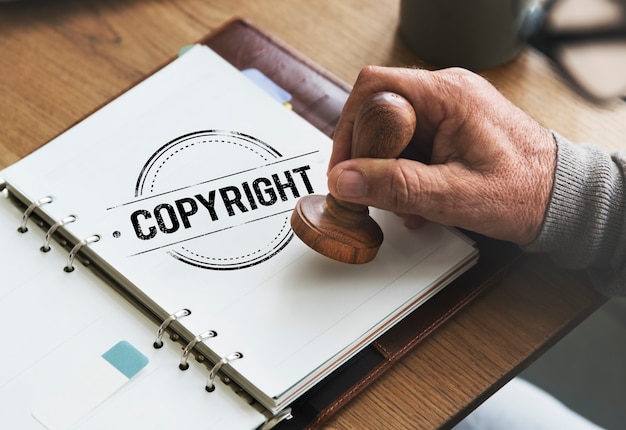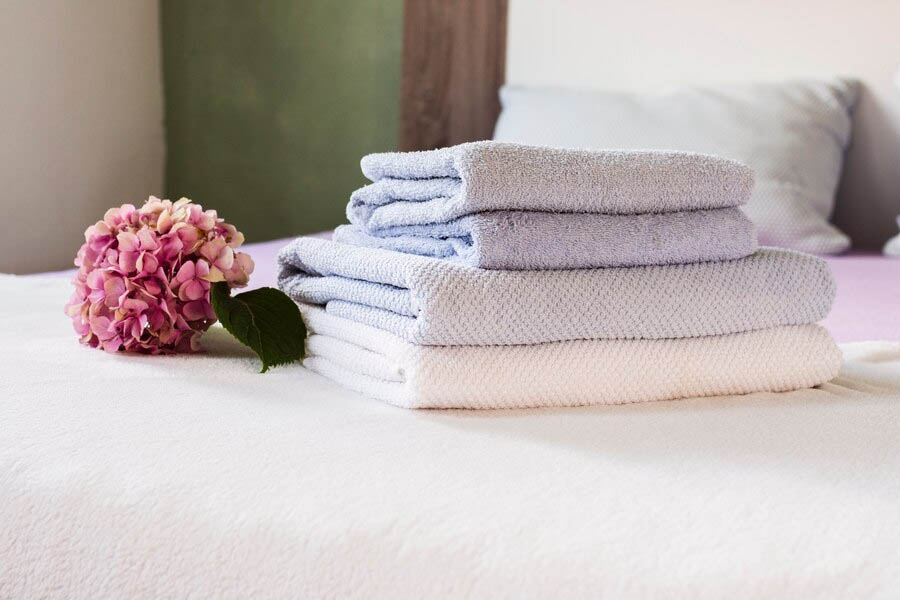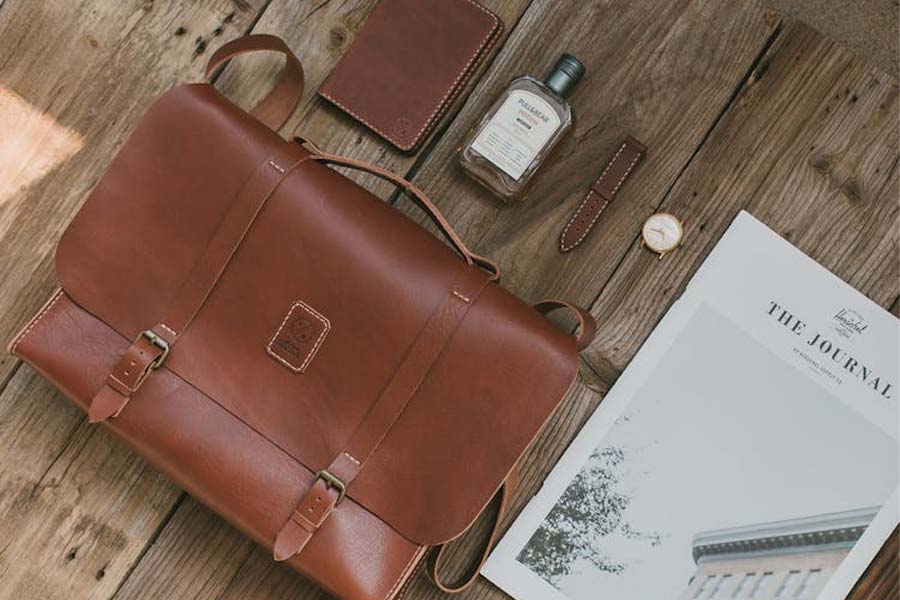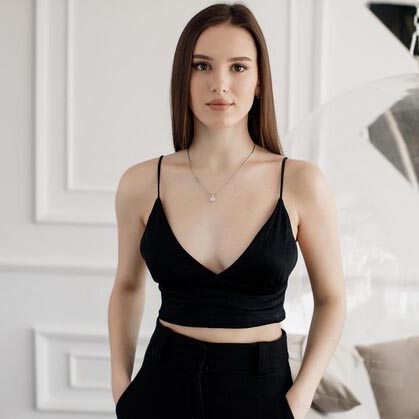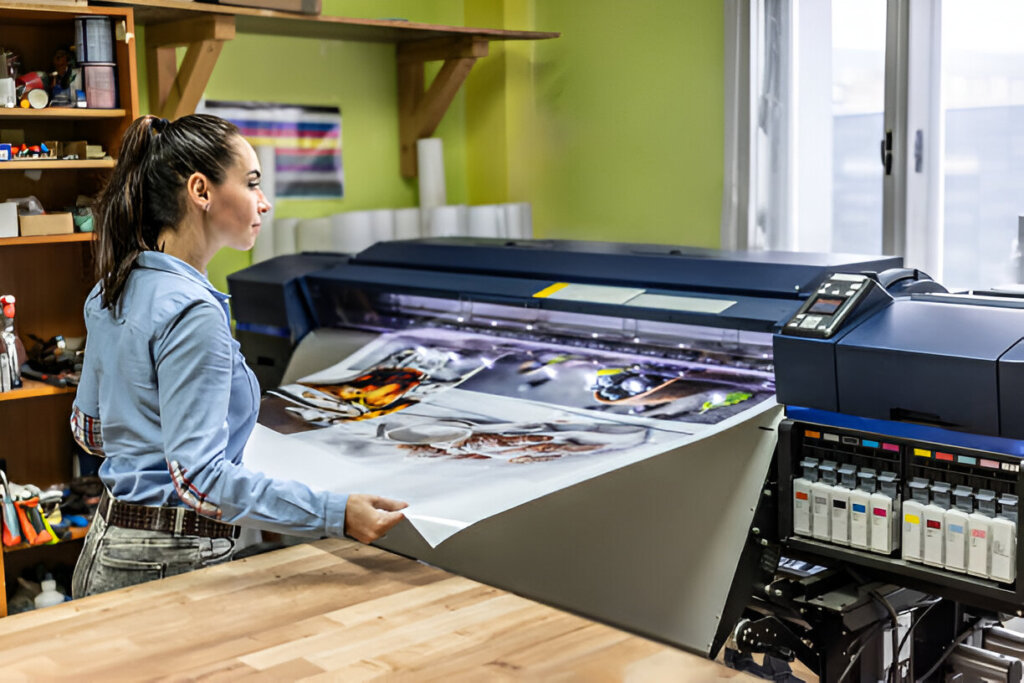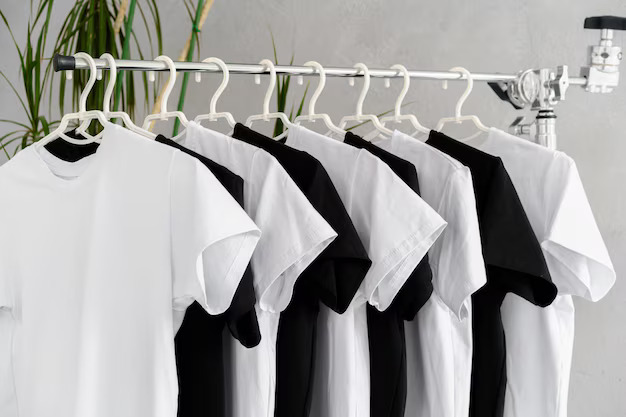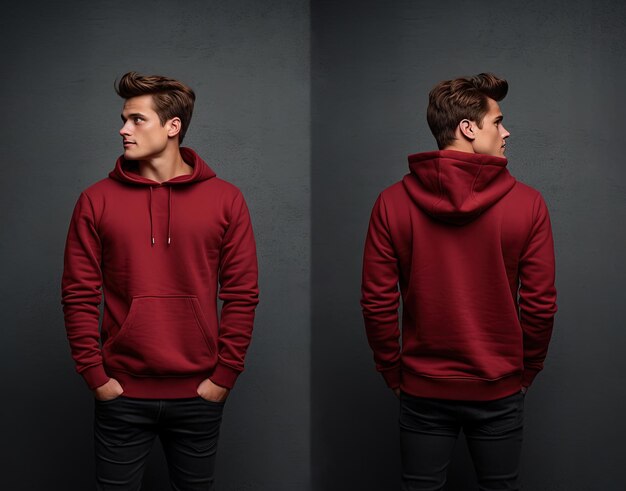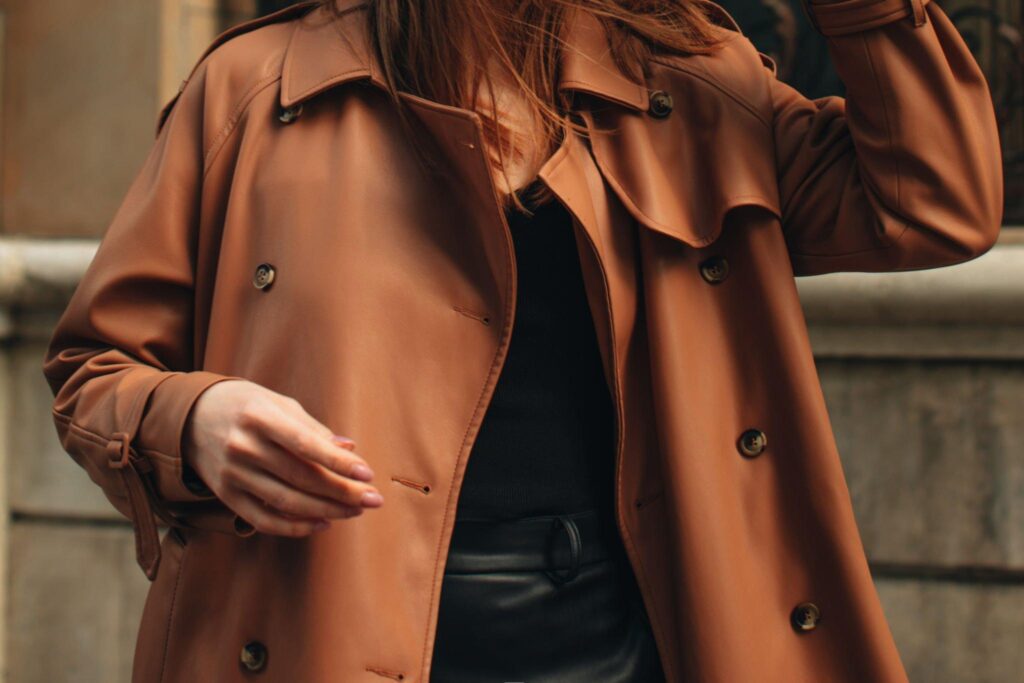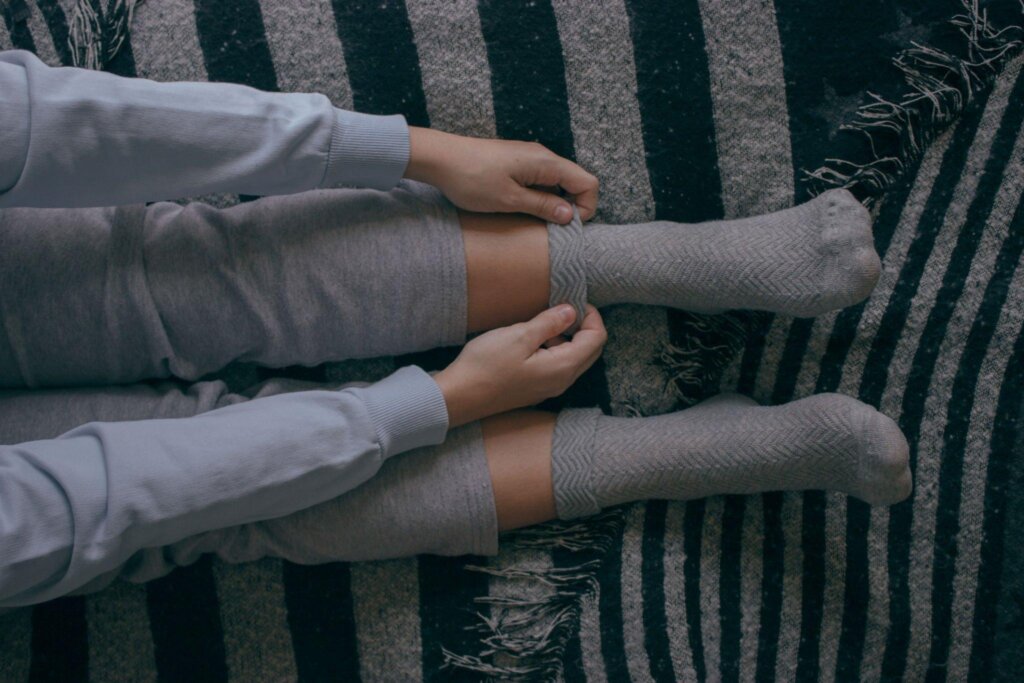
How to find a clothing manufacturer in the US—Is it really that hard? Where do new fashion designers even start? Do you ask Google, use a platform, or call local factories? And once you find someone, how do you get clothes made that match your vision and budget?
These are questions every new brand asks. If you’re trying to get your clothing designs made or find a clothing supplier you can trust, this guide is for you.
You’ll learn how to choose the right manufacturer, how much it might cost, and where to begin. Many successful US brands begin their journey using Ludyway, a platform that connects new fashion labels with trusted garment makers and textile sources.
From tech packs to small batch runs, we’ll cover everything you need to know about how to get apparel made professionally in the USA.
Why Finding a US Manufacturer Matters
Having a garment-making facility in America offers more than comfort—it can really walk into the branding of quality, reputation, and profit margin. Most startups, asking how to find a garment manufacturer, usually want to find a manufacturer who is reliable, ethical, and efficient-austere. US manufacturers have some pluses that international companies sometimes cannot provide.
➤ First, among these advantages is communication. No difference in time zones or language barriers means that greater ease of collaboration will be afforded to you with your factory. If you want an answer, just call. You can even visit the factory. It dries down to comparatively fewer misunderstandings and quicker resolutions of problems. Especially in early-stage production, this situation is always mature.
Want to know Top 20 Casual Summer Dresses & Brands for Women You’ll Love This Year? Read this
➤ Second, the other biggest thing affecting quality control is US factories. When brands look for clothes made, many would want to be concerned about inconsistent sizing, bad fabric, or finish. US manufacturers might be expected to follow stricter industry standards that, in turn, help ensure your products meet customer expectations.
➤ Another major factor is ethical labor. Domestic factories have to abide by terms governing labor, including fair wages and safe working conditions. This can be, therefore, a peace of mind to you and a tool for marketing your brand as ethically made, which resonates with the contemporary consumer.
➤ Then there’s shipping and logistics. Domestic production means shorter lead times and great shipping costs. Inventory through this mode of production will be faster and better able to respond to trends.
➤ Lastly, branding plays a huge role. The “Made in USA” label is associated with craftsmanship, durability, and ethical manufacturing. This can help you charge premium prices and stand out from competitors sourcing from overseas.
If you’re serious about building a trusted, quality-focused brand, choosing a US-based partner is one of the smartest moves you can make.
Read Top Custom Sports Hoodies in USA — Styles, Costs & FAQs 2025
Step-by-Step Guide: How to Get Clothes Made in the USA
Creating your own fashion line can be thrilling—but it takes careful planning to move from design to finished product. If you’re wondering how to get clothes made, especially in the USA, follow these steps for a smoother path to production.
Step 1: Define Your Needs Clearly
Make sure you know what you want before you start your search. Ask yourself:
- What type of garments will you manufacture? (e.g., streetwear, activewear, swimwear)
- What materials or fabrics are required? (e.g., organic cotton, recycled polyester)
- Do you need help with design, pattern making, or just production?
- What is your budget per unit?
- How many units do you want to start with?
Many factories will ask for a tech pack, which is a detailed design file showing measurements, stitching, labels, fabric types, and trims. Having this ready shows you’re serious and helps the factory quote more accurately.
Read about Garment Fabric Manufacturers in the USA—Top Facts & FAQs
Step 2: Research Manufacturer Options
Now it’s time to look for manufacturers that match your vision and needs. If you’re wondering how to find a clothing supplier or how to find a garment manufacturer, start with platforms like:
- Ludyway – Ideal for US startups. Lets you filter by service, location, and specialty.
- ThomasNet—A business directory for US-based industrial suppliers, including textile and apparel firms.
- Sewport—Connects designers and factories globally but has US-specific filters.
- Kompass—Offers verified listings for international and US manufacturers, including fabric suppliers.
You should create a shortlist of 5–10 manufacturers. Look at their portfolios, minimum order quantities (MOQs), past clients, and services offered. If you’re looking for how to find a textile manufacturer, check whether the factory sources or provides fabric, or if you need a separate supplier.
Also Read, Women’s Quality Clothing: Top Styles, Brands & Tips for 2025
➔ Ludyway: Your Go-To Platform for US Manufacturing
If you’re serious about how to find a clothing manufacturer, start with Ludyway
They connect thousands of fashion entrepreneurs with:
➤ Pattern makers
➤ Cut-and-sew manufacturers
➤ Fabric suppliers
➤ Sample makers
Whether you want to know how to get my clothing designs made or need help launching a collection, Ludyway can guide you from idea to production.
They also offer learning tools and industry insights to help new brands scale responsibly.
Visit Ludyway and search by location, category, or specialty.
Step 3: Make Initial Contact and Ask the Right Questions
Reach out with a clear, professional email. Introduce your brand, attach your tech pack, and ask specific questions:
- What is their MOQ?
- What services do they offer (e.g., cut-and-sew, pattern making, sourcing)?
- What are the estimated costs per piece?
- Can they create a prototype or sample?
- What is the average production lead time?
If you’re trying to figure out how to get your fashion designs made, asking these questions will help you narrow down the right partners. Keep all communication organized in a spreadsheet or project tracker.
Want to know Custom Shirts Near Me? Read this blog
Step 4: Order a Sample First
No matter how confident you are, always request a sample before doing a full production run. This is one of the most important steps in answering how to get clothing manufactured the right way.
A sample allows you to:
- Review garment construction
- Test fit and comfort
- Check fabric quality and stitching
- Identify design flaws early
It’s worth the cost and time to get it right before scaling. Most US manufacturers will allow for small-batch sampling within 2–4 weeks.
Read Clothing Fashion Industry USA: Trends, Facts & FAQs 2025
Step 5: Finalize Terms and Begin Production
Once you’re happy with the sample, finalize production details:
- Sign a production agreement or contract
- Confirm delivery timelines
- Set payment terms (e.g., deposit upfront, balance on delivery)
- Decide on packaging and labeling needs
This stage marks the move from planning to reality. If you’ve done everything that was asked of you, the production process should go smoothly and with few surprises.
Step 6: Monitor Progress and Quality
During production, stay in touch with your manufacturer. Ask for updates, request progress photos, or schedule check-ins. This ensures the process stays on track and reduces the risk of mistakes or delays.
If you’re unsure how to find a garment manufacturer who is transparent and communicative, ask for client testimonials or reviews before committing.
Want to know Where To Find Apparel Orders? A Guide For Factories | Read this
Bonus Step: Build Long-Term Partnerships
Once you’ve successfully completed a production run, don’t stop there. Build a long-term relationship. Consistency in partnership leads to better pricing, smoother workflows, and increased trust.
Whether you’re looking to expand product lines or scale order volumes, having a reliable US partner saves you time and effort in the long run.
Key Differences Between Manufacturer Types
| Type |
Best For |
| Cut & Sew Manufacturer |
End-to-end garment production |
| Private Label Manufacturer |
Branding ready-made products |
| Sample Makers |
Testing designs and fit before large runs |
| Textile Manufacturer |
Creating custom fabrics or sourcing material |
Understanding the difference helps answer how to find a textile manufacturer or how to get your fashion designs made.
Also Explore Men’s Fashion in 2025: Trends, Essentials & 25 Style Tips
Costs to Expect
| Item |
Estimated Cost (USD) |
| Pattern Making |
$150–$400 per design |
| Sampling |
$100–$300 per item |
| Cut and Sew |
$8–$25 per unit (varies) |
| Labels and Packaging |
$0.50–$2 per unit |
Prices depend on design complexity and order volume.
Want to know How to Work with Clothing Manufacturers in India Using Ludyway? Read this
FAQs – Quick Answers
How do I get my clothing designs manufactured affordably? Start with small batch production through platforms like Ludyway.
How to find a clothing brands manufacturer trusted by startups? Look for verified reviews, past clients, and portfolios on trusted directories.
How to find a textile manufacturer in the USA? Use Ludyway to filter fabric suppliers by material type.
How to get apparel made if I have zero experience? Partner with a full-service cut and sew factory that offers design help.
How to find clothing suppliers with low MOQs? Look for boutique manufacturers or private label partners focused on startups.
How to get my clothing designs made quickly? Select domestic partners and keep designs simple at first.
How to find a garment manufacturer for eco-friendly clothing? Search “sustainable fashion manufacturers USA” on platforms like Good On You.
How to find apparel manufacturers that specialize in streetwear? Use Sewport or contact Ludyway with your niche.
How to find clothing manufacturers that offer tech packs? Some companies provide tech packs or work with freelancers who do.
How do I get clothes made without owning a brand yet? You can still start with private label items and build your brand gradually.
Final Thoughts
Finding the right partner to get clothes made can define your brand’s success. Whether you’re researching how to find a garment manufacturer, how to find clothing suppliers, or how to get your fashion designs made, remember:
Start small. Communicate clearly. Sample before you scale.
Use Ludyway to connect with trusted US factories that understand what new brands need to succeed.
